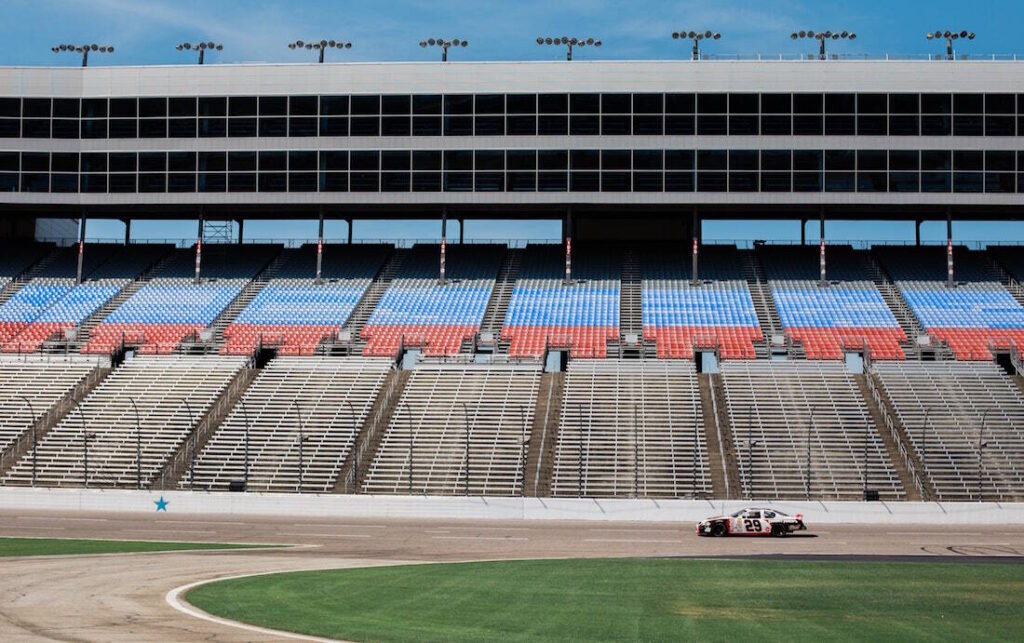You may have heard about the prevalence of gambling disorder among athletes. The data points to higher instances of problem gambling (6%), moderate-risk gambling (14%) and low-risk gambling (19%) when compared to the general population. It’s a behavioral disorder found amongst athletes at a collegiate level all the way through to the big leagues.
The concern has been thrust to the limelight over the last few years, ever since the inception of legalized sports betting in 2018. Leagues and organizations are stepping up to the plate to address concerns over their athletes’ mental health (as it applies to gambling disorder) and reverberating impact upon teammates, stakeholders, and loved ones. In fact, the National Football League Players Association (NFLPA) and its Professional Athletes Foundation (PAF) made the news earlier this month after announcing a partnership with the country’s first online behavioral health platform for treating gambling disorder amongst professional athletes.
None of this comes as a surprise, mind you. Figureheads in the NFL, MLB, and NBA have long been in the news for being loose with their pocketbooks when it comes to bookies. But one arena (or should we say speedway) that has not received as much attention in this capacity, is professional race car driving. Do NASCAR (etc.) drivers exhibit the same tendencies? Are they perhaps more prone than other-league peers to gambling? Logic dictates that the former is true, but there’s also a strong case to be made for the latter. NASCAR may have banned drivers and team members from betting on races, but there is nothing they (or other racing organizations) can do about casino gaming and wagering on other sports.
Below is a breakdown of everything drivers (and those who care about them) need to know along with a call-to-action for where to seek help as required.
Why Gambling Disorder is a Growing Problem Amongst Professional Race Car Drivers and Where to Get Help
Why Race Car Drivers Are More Vulnerable to Gambling Disorder
Numerous studies have validated a positive relationship between pathological gambling and sensation seeking. It’s this same thrill seeking personality trait that is evident with motorsports athletes. Psychology Today confirms what many already know:
Race car drivers are thrill seekers […] Thrill seeking activities produce adrenaline and endorphins, which leave us with an exhilarating feeling, which some say is similar to sex. The good feeling we get from thrill seeking activities encourage additional thrill seeking activities. Eventually, if we engage in enough thrill seeking activities, we become adrenaline junkies. And so it is with race car drivers.
Psychology Today
The production of adrenaline bears further analysis. In a USA Today article about a former NASCAR driver who continues to battle depression, the need to maintain ones’ adrenaline high beyond the speedway is addressed:
“The problem is you can’t have that level of adrenaline all the time,” Konzer said. “You may actually have those moments when you feel better in the middle of the race but then there is the crash [after the race].”
“I’m not the type of guy that can sit and do nothing all day […] When you are racing since you were 5-6 years old, every week, 40-50 weeks out of the year, it’s not like you can just turn that off.
USA Today
To fill the post-race void, a number of drivers turn to other activities to maintain an adrenaline and endorphin spike. Some turn to pharmaceutical stimulants or engage in sex with multiple partners. Others find themselves in the physical or virtual annals of a casino or sportsbook. For a moment in time, a seemingly unbeatable poker hand or sure-thing wager on Monday Night Football fills the adrenaline void.
Psychology Today also states that drivers tend to be more independent, more confident, and more aggressive than people (including other athletes) who do not race cars for a living. Research shows a similar correlation between perceived control and overconfidence in pathological gambling.
There is also discussion around the theory that race car drivers may already have an addiction to their given profession, so to speak. Researchers have considered that drivers may be addicted to speeding in the same way people are addicted to illicit drugs, or more apt to this discussion – gambling. In one University of Western Sydney study, respondents expressed an inability to get into a car without speeding. Should race car drivers be predisposed to having an addictive personality (to adrenaline and/or speed), exposure to gambling could be more threatening to them than to others.
No matter how you look at it, data shows that race car drivers exhibit strikingly similar characteristics to pathological gamblers. Subsequently, they may be more prone to a gambling disorder not just when compared to the general population, but when pitted against athletes in other sports.
Where to Get Immediate Help
Kindbridge Behavioral Health Services is the world’s first teletherapy platform with a focus specifically on the successful treatment of gamblers struggling with their mental health. Moreover, we specialize in counseling athletes along with those in their professional, social, and familial circle who are impacted by their gambling problem. Kindbridge provides the highest quality, HIPAA compliant, virtual technologies to enable race car drivers (and others) to connect with qualified therapists in a safe and secure online environment to drive successful outcomes.
Call +1 (877) 426-4258 or email [email protected] to speak to our care co-ordinator.

